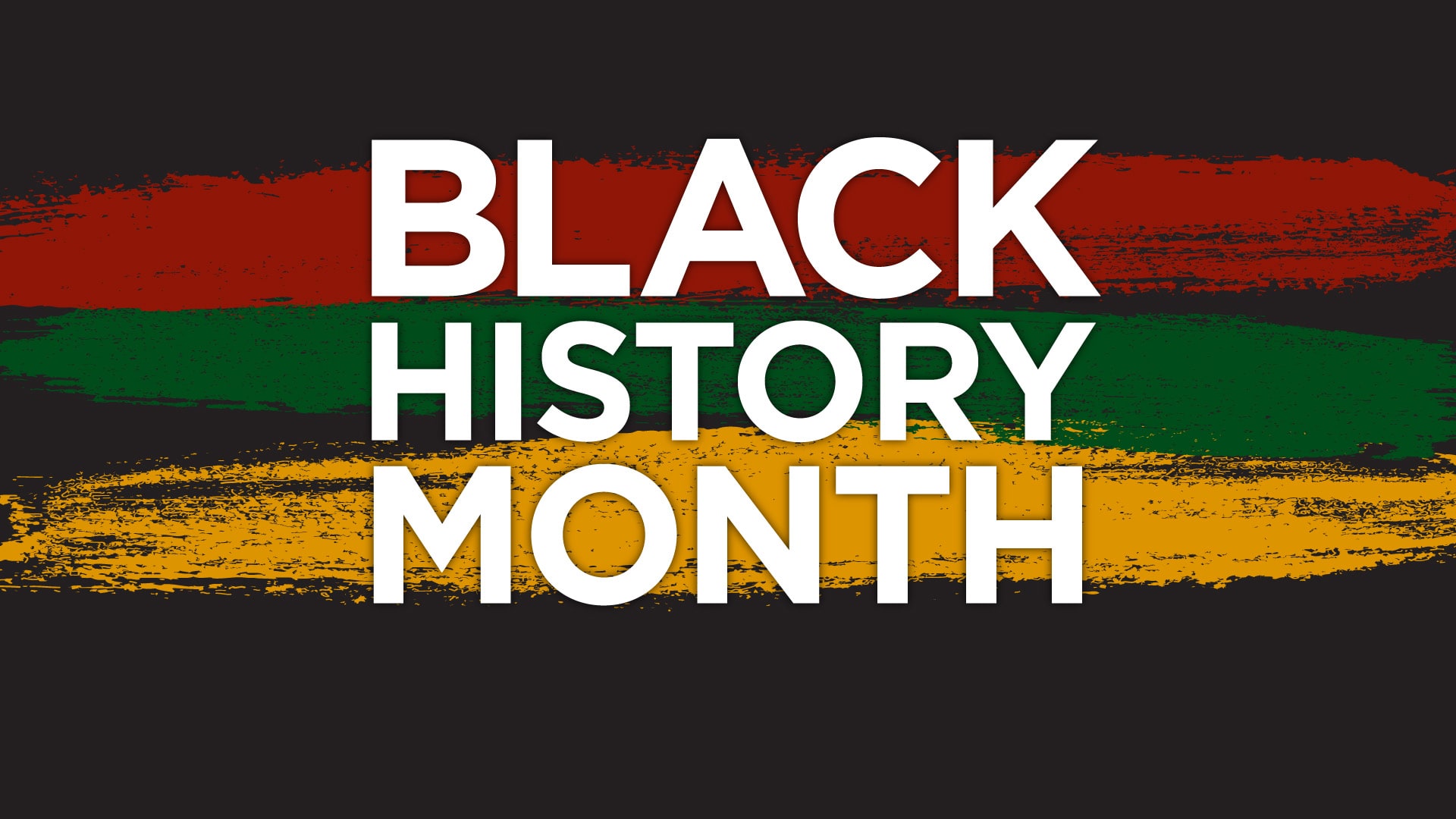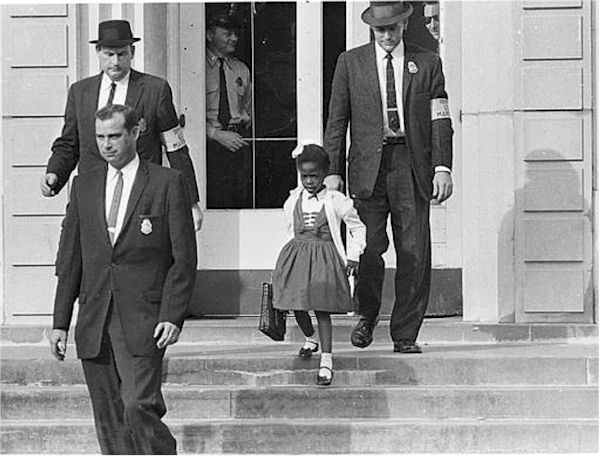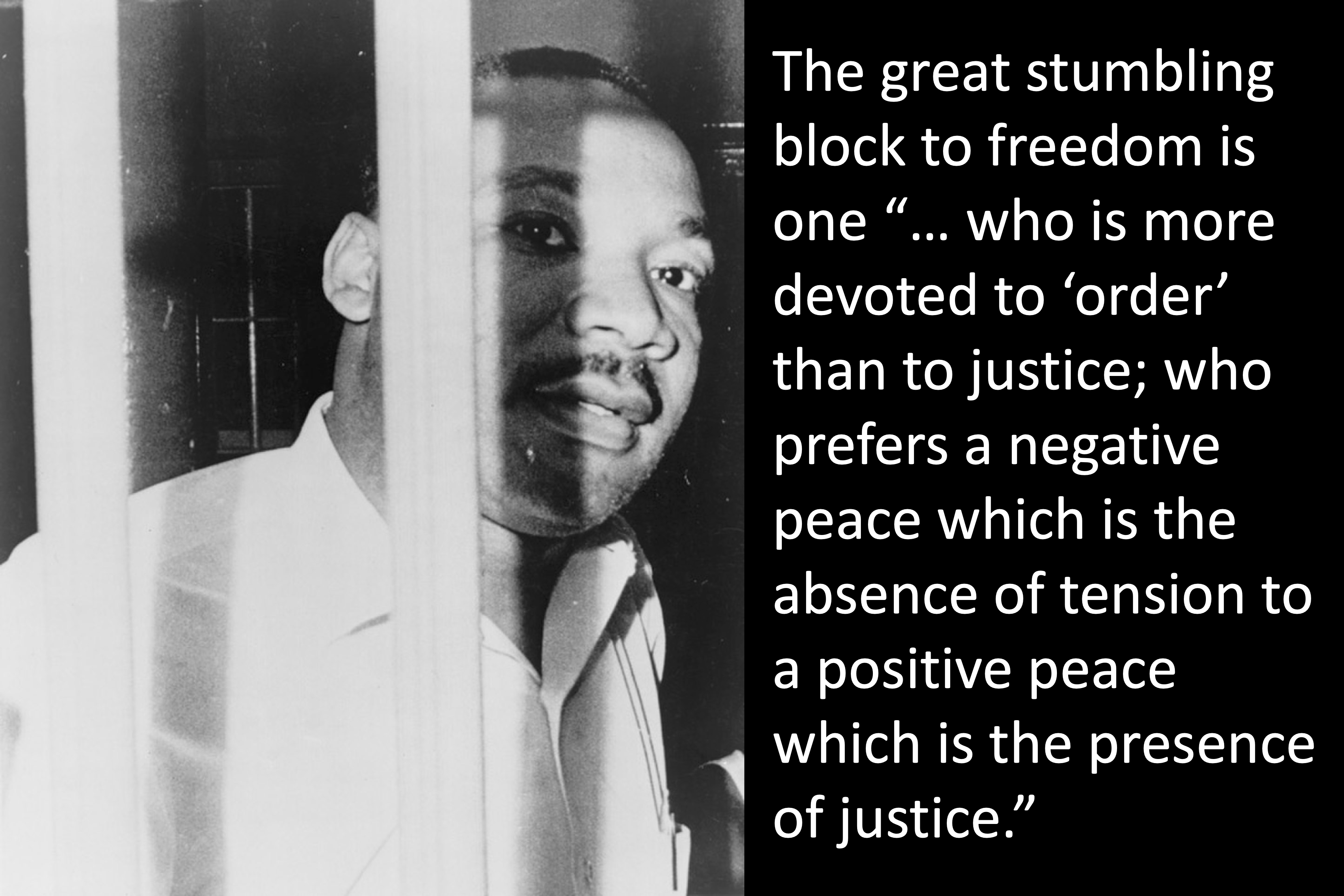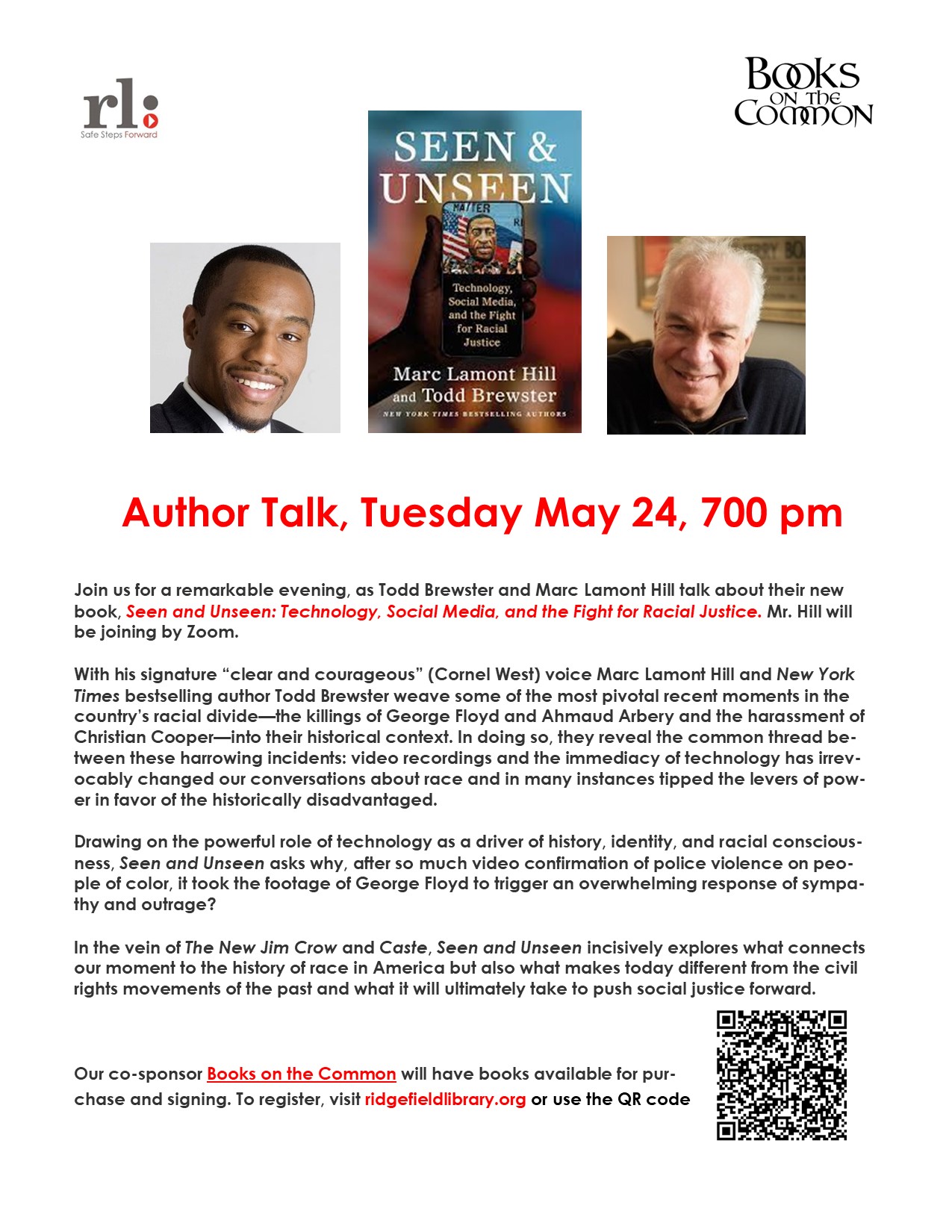Today in “Hidden” History is a daily listing of important but little-known events illustrating the range of innovators, contributors, or incidents excluded from formal history lessons or common knowledge. Hidden history is intended not as an exhaustive review, but merely as an illustration of how popular narratives "hide" many matters of fundamental importance. Bookmark this page and check daily to quickly expand your knowledge. Suggest entries for Today in “Hidden” History by clicking the Contact Us link. Entries for January 22:
Be Nice
Author Talk w/ Marc Lamont Hill and Todd Brewster
February is Black History Month

To learn about the history and importance of the Black History Month Celebration, we recommend the 2010 article at BlackPast written by Daryl Michael Scott, Professor of History at Howard University and Vice President of Program for the Association for the Study of African American Life and History. Click here for the article.
Allies Responds to False Claims
Ridgefield’s 26th Annual Martin Luther King, Jr. Day Celebration
Donate to “A Virtual Conversation with Ruby Bridges, American Civil Rights Leader”

Donate to Grace Farms Foundation’s Ruby Bridges Program
An 8-year-old, bi-racial child in New Canaan was recently approached by a teammate who told a joke to which the punchline was that he was an N-word.







